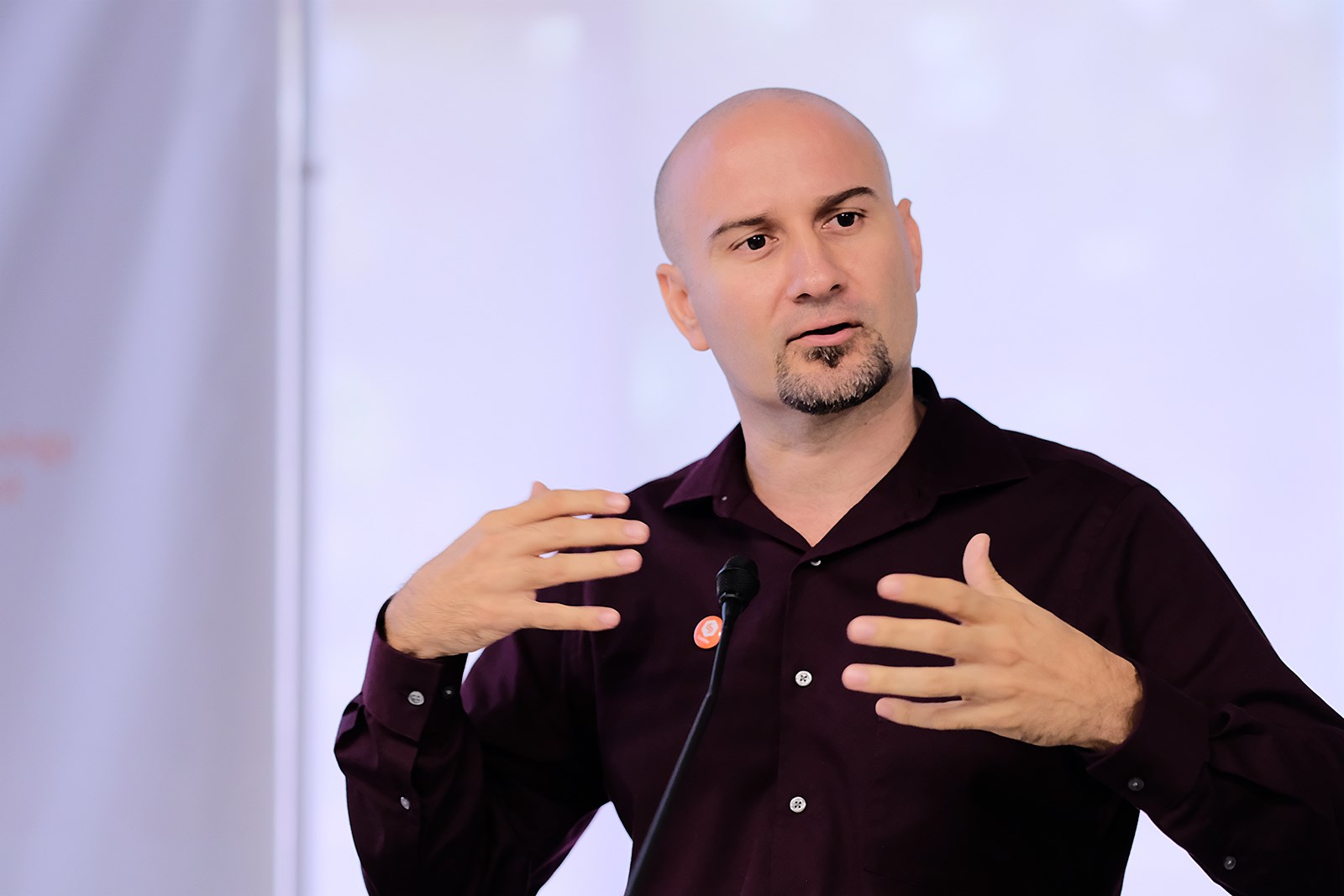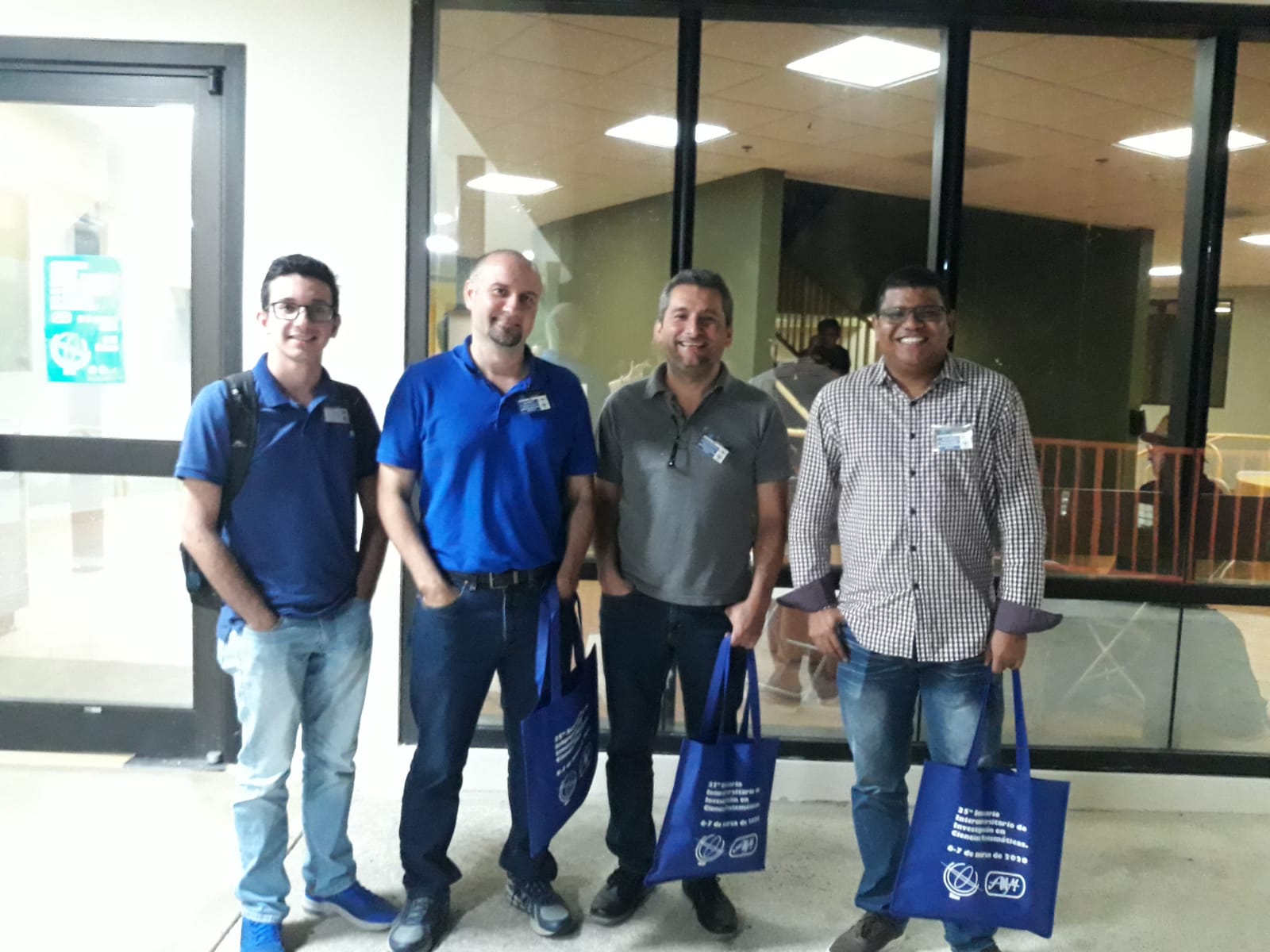
Quick Facts
- Name: Luis A. Medina
- Comes from: Yabucoa, Puerto Rico
- Lives in: San Juan, Puerto Rico
- In three words: perseverance, family, and math
- Leisure time activities: playing video games with my kid, watching movies with my family, learning about new Linux distributions
- Likes: riding bike with my family, visiting friends, eating out
- Unsuspected talent: I play Puerto Rican cuatro
- Currently reading: several research articles
In a nutshell
- My research matters because in the current age of technology scientific fields like information theory and cryptography are important for internet communication security.
- One of the inspirations for my research has been the enlightenment and happiness I get when a new idea comes to mind and when connections to previously unconnected areas or ideas appears in front of my eyes.
- The best thing about my job is working on research problems with real world applications and mentoring students in the process.
- My career highlights so far have been being selected as an Associate Editor of the peer-reviewed Journal of Algebraic Combinatorics (Springer) and being showcased as one of the hispanic mathematicians in the USA during the Hispanic Heritage Month (2017; Lathisms).
- My advice to aspiring researchers is to never give up, to be perseverant, to pay attention to mentors, to buid a network of scientists, to share your knowledge and to enjoy the ride.
Luis A. Medina, Ph.D.
Professor
Department of Mathematics
University of Puerto Rico, Rio Piedras

